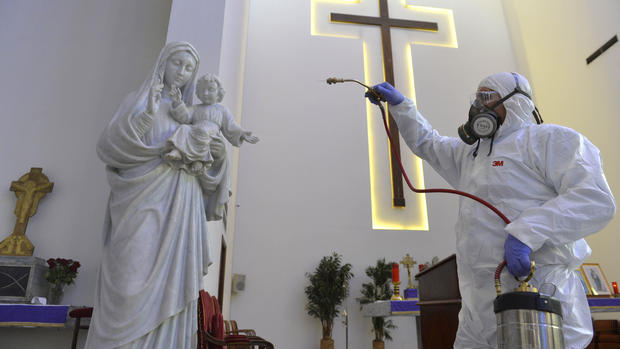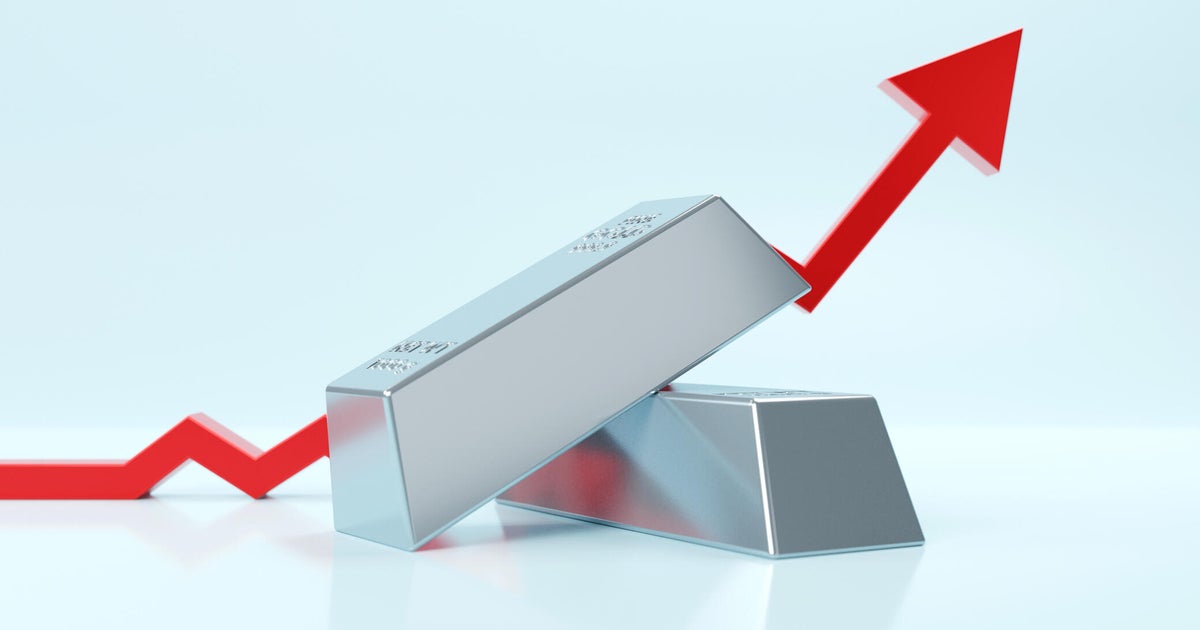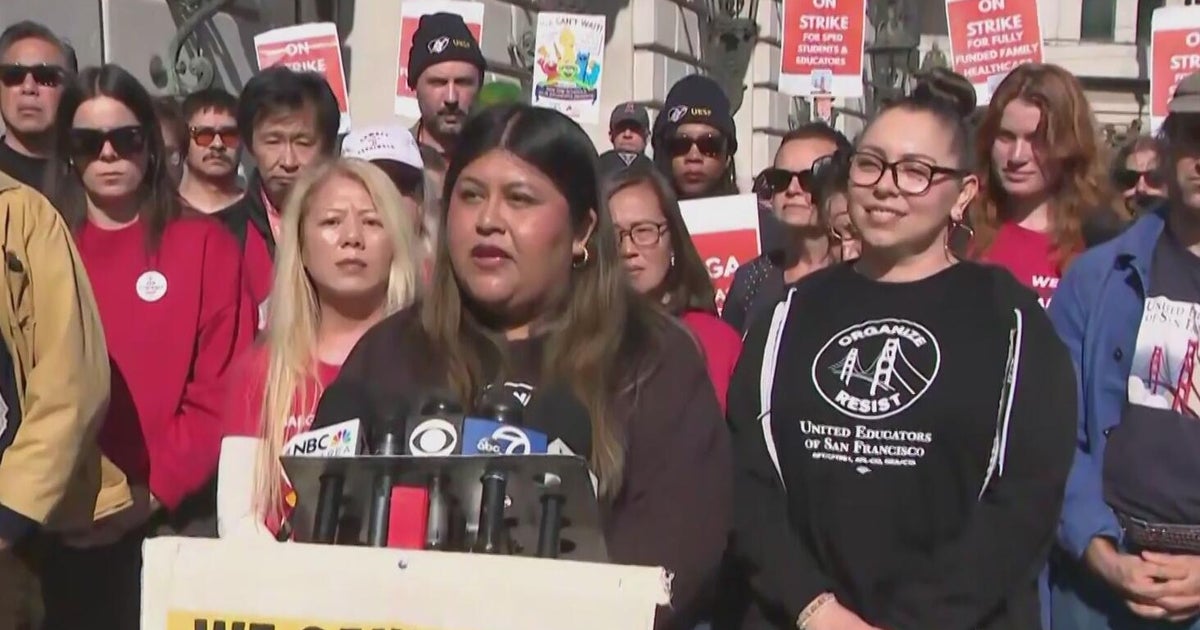3 market-panic signals point to global coronavirus recession
Investors look at a number of signals to forecast if the economy is headed for a recession. And those signals are now flashing bright red.
The clearest signal is coming from the stock market. The Dow dropped 1,800 points in early trading Monday — a 7% decline on top of the nearly 12% decline since it hit a record high on February 19. The latest slump put the Dow close to "bear market" territory, or when stocks sink at least 20% from their previous peak.
Just a few weeks ago, many Wall Street analysts were predicting that the U.S. economy might dodge, or at least mostly evade, the economic impact of the coronavirus.
Back in January, Goldman Sachs predicted the coronavirus would knock just 0.4 percentage points off domestic growth. But nearly all of that was from a drop in tourists from China and some dip in Chinese exports. Most analysts expected the U.S. economy to escape largely unscathed. White House economic adviser Larry Kudlow went so far as to call the virus "contained, saying late last month that "I don't think it's going to be an economic tragedy at all."
Now, reeling financial markets see recession as the most likely outcome. Here are three signs the coronavirus outbreak could lead to a recession.
Oil prices plunge 25%
Most economies around the world are heavily dependent on oil, making the price of crude a good indicator for the state of the global economy. So the whopping 25% slump in oil prices this weekend to just under $35 a barrel — the lowest level in nearly five years — points to a downturn.
Back in 2015, oil prices scraped $30 a barrel, and the U.S. economy was still able to avoid a recession. This time, however, the worldwide spread of coronavirus has made the global economy much more fragile.
Unlike the recession that followed the 2008 financial crisis, which mostly hurt households when housing prices tanked, the virus has dented both the supply of goods in places like China while also reducing consumer demand for items such as airline tickets and other travel services.
Some of the recent drop in prices has to do with supply. Saudi Arabia over the weekend said it would lower prices and up its production of crude. But the Kingdom has previously opened the spigot — with little impact on global prices. The reason prices are falling now, according to experts: There isn't enough demand for all that extra oil
"Saudi Arabia's decision to slash oil prices and boost output triggered the largest single day drop in oil prices since the 1990 Gulf War," TD Securities analysts told investors in a note. "In addition, the COVID-19 spread shows no signs of improvement."
U.S. government bonds hit all-time lows
The yield on 10-year U.S. Treasuries fell to just below 0.5% early Monday. That is a full percentage point below the lowest they got in the aftermath of the financial crisis, which was 1.5% in mid-2012. It also is a new all-time low for bond yields, which until a week ago had never been below 1% for 10-year government debt.
The new low is not necessarily welcome news because government bond yields are a proxy for U.S. economic growth. A 0.5% bond yield suggests anemic, if not negative, growth.
Dan Suzuki, a portfolio strategist at Richard Bernstein, told Bloomberg, the biggest reason rates were so low was because they were predicting a global collapse in economic growth.
Bond yields move in the opposite direction of bond prices. The reason yields are falling is because investors are pilling into bonds. U.S. government debt is considered one of the safest investments around. So the rush into bonds to push yields to all-time lows suggests the current mood of investors is one of extreme fear.
U.S. stock market losses near $5 trillion
The market has tumbled 18% in the past week and a half, with companies listed on the S&P 500 losing just over $5 trillion of their value. That's another bad sign. Every U.S. recession has witnessed a 20% drop in stock market prices. We are quickly approaching that trouble zone.
The flip side: If we really are headed for a recession, then the stock market drop is nothing out of the ordinary. This slide just seems scarier than normal because of its speed. Such drops usually take awhile to materialize. But the coronavirus has taken the market by surprise.
The 500 stocks in the S&P 500 earned $165 a share last year. At the beginning of the year those earnings were expected to increase 10% to nearly $180 a share. The current drop for the S&P 500, while big, indicates that earnings are now expected to drop 10% this year. That's a recession, but only a mild one.
In a note to investors on Monday, Goldman Sachs' top U.S. equity strategist, David Kostin, said the firm's baseline assumption is that the coronavirus outbreak is widespread but short-lived. "Under the surface of the S&P 500 decline, the sector performance has been orderly," he wrote. Kostin also suggested that any recession we do have will be brief.
That's not to suggest the stock market is well. But for now it doesn't seem any sicker that what investors might expect in a typical recession.




